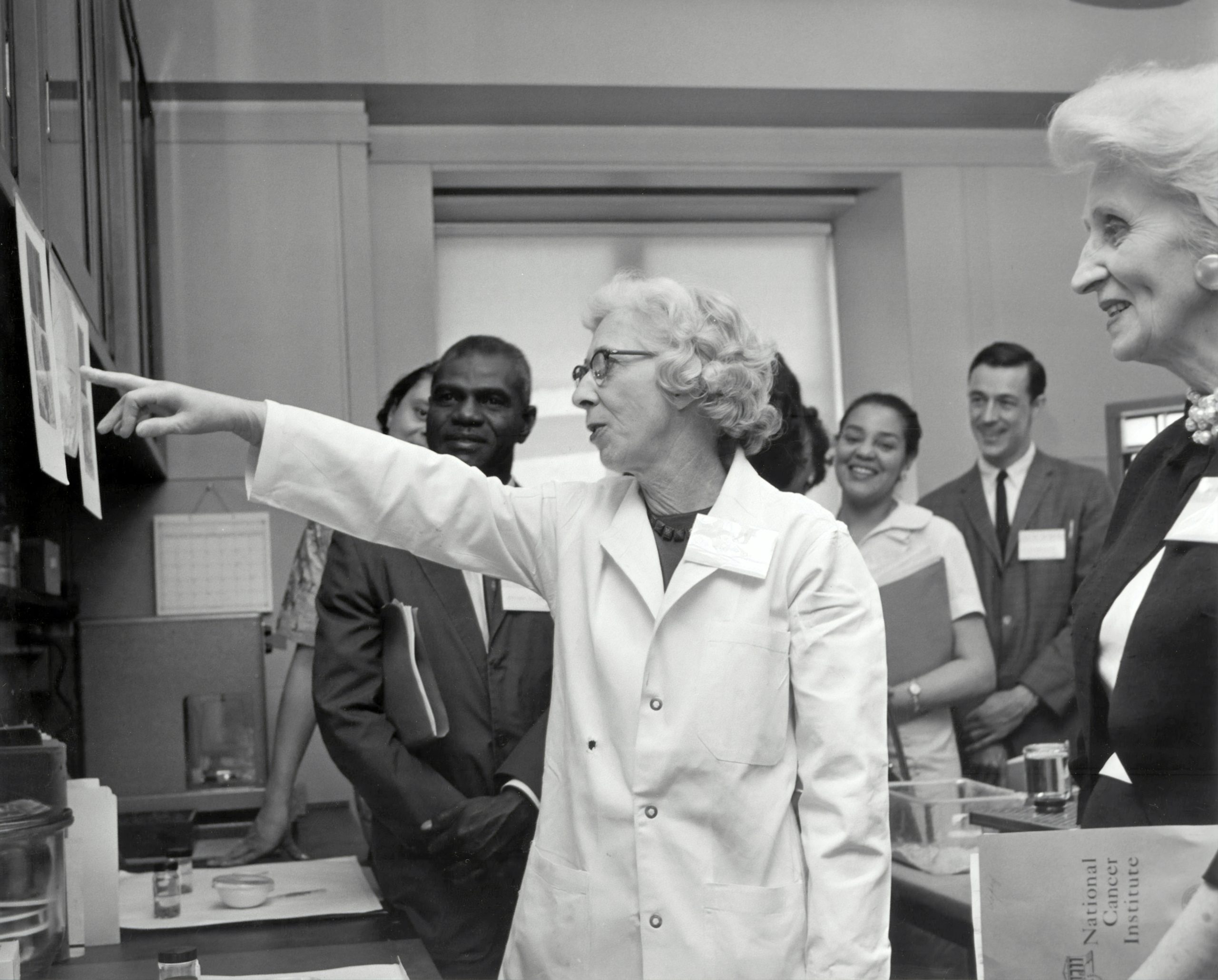Hi! I’m Abi, a second year Biologist at Hertford College. My friends would describe me as constantly on the go and obsessed with dancing (and Biology, of course). I thrive on being busy and I am a firm believer that life at Oxford is far more than just studying in your room!
Why did you decide to study your subject at Oxford?
I’ve been interested in the natural world for as long as I can remember. However, I wasn’t particularly focused on academics and actually wanted to train as a ballet dancer up until I took my GCSEs. As my interests shifted, I realised I really enjoyed Biology at school, and started reading around the subject. During my A Levels and after doing a bit of work experience, I decided I definitely wanted to study Biology at university. Despite this, I didn’t think I was ‘clever enough’ to apply to Oxford until a teacher suggested it out of the blue. After some research, I fell in love with the Biology course at Oxford, so decided to give it a shot.
What was your experience of the application process?
My experience of the application process was fairly straightforward. In Biology, we’re pretty lucky in that there’s no entrance exams to sit. Tutors admit you based on your personal statement, GCSE grades, A Level predictions and your interview performance.
The tutors want to see how you handle questions you don’t know the answer to.
I would advise anyone applying to not stress too much about their personal statement. Be honest about your interest in the subject and tell them what you have done to further those interests. Don’t worry about sounding like you’ve swallowed a thesaurus! If you’re invited to interviews, remember you’re not supposed to know everything. If you’re stuck, say whatever you’re thinking out loud. The tutors want to see how you handle questions you don’t know the answer to.
What were the first weeks of your ‘Oxford experience’ like?
My first few weeks at Oxford were an absolute whirlwind. At times it can feel a bit like you’re being bombarded with new information, but rest assured you’ll figure everything out eventually. Freshers Week in particular is not representative of your time at Oxford. It’s perfectly normal to feel completely overwhelmed with reading lists, new friends to make, finding the dining hall and trying to find a ribbon/bow tie to go with your sub fusc! It will all calm down and you’ll find yourself getting into the swing of things fairly quickly.
At Hertford, First Year Biologists are given a weekly essay to write. This can be on anything from genetics to worm locomotion to conservation, and each will be set by a Hertford tutor who is a specialist in that area. An essay a week might sound a bit daunting, but it soon becomes a part of your routine: a few days reading, a few days writing, hand it in, tutorial!
What does a typical day during term look like?
As scientists, Biologists have quite a few contact hours, particularly in first year. In my opinion this is great, because your time is essentially organised for you whilst you find your feet in Oxford. Although the new Mbiol course differs from the old BA, I imagine the days look fairly similar. For the first three terms, my day consisted of a morning lecture, followed by a 3 hour lab1 (twice a week), lunch in college, then an afternoon lecture or two. The rest of the day is then free to do as you wish! I usually spent the rest of my afternoons and evenings working on that week’s essay, then going to dance rehearsals and classes, or socialising with friends.
Second year is a bit less heavy in terms of contact hours, since you choose the modules you take. You can also choose which tutorials you sign up to, which is really exciting and gives you the opportunity to meet tutors from different colleges and departments. Second year requires a bit more independence in terms of reading around lectures as well as relying less on textbooks and more on scientific papers for essay reading. My typical day varies depending on which term it is. Hilary term, for example, is competition season for OUCD (Oxford’s dance team) and we have rehearsals most evenings and weekends. This means I’m much busier than other terms and have to be pretty ‘on-it’ to get essays and problem sheets in on time. I find that dance gives me a break from academics and keeps me sane when things get busy!
What is your experience of the Oxford tutorial system?
In my experience, Biology ‘tutes’ (short for tutorial) are fairly relaxed. About a week before the tute, your tutor gives you an essay title and a short reading list (this can be related or totally unrelated to lecture content). After a quick trip to the library to grab some texts, I normally spend two or three days reading and planning, then two days writing the essay. Typically, you hand your essay in about 48 hours before the tute. On the day of the tute, you and two/three other biologists have a discussion about the essay topic led by the tutor. In my experience, what we actually talk about in tutes varies hugely. Sometimes we stick quite closely to the essay subject, but more often we go off on interesting tangents. My favourite tutes involve cups of tea and biscuits!
What skills will you gain from your course?
The Oxford Biology course has given me a huge variety of skills. Not only practical skills, like dissections, field work and how to run a PCR, but also being able to quickly assimilate information and write concisely. Labs in particular can be quite time pressured, so you learn to work efficiently with your lab partner. Above all, though, I’ve learnt to make every day of the 8 weeks you spend in Oxford each term count – they go fast! These are all skills that stand graduates in good stead in the competitive job market.
What is College Life for you?
For me, college life revolves around eating and socialising. Hertford is right in the centre of Oxford, so there’s never far to walk or cycle for food in Hall2. All first years live on the main site, creating a sense of community – plus it’s really fun living with your friends! There are also some fab events – formals, sports teams, rowing, and of course the infamous ‘Jazz and Cocktails’ nights! College Porters are always on hand, and there’s a bike repair man who comes to college every Thursday. Our librarian Alice is absolutely amazing and will stop at nothing to source the books you need. My personal favourite thing about Hertford is Simpkin, our temperamental college cat.

How is life outside uni and college?
I highly recommend signing up for extracurriculars when you arrive in Oxford, whether it’s to continue a hobby or learn a new skill. Being on a sports team, in productions or learning a new language enables you to have an entirely different experience at Oxford. Being part of Oxford’s dance team has shaped my time here. I’ve made life-long friendships with people from all over the University, from different year groups, colleges and subjects. We rehearse multiple times a week, have brunch regularly and travel out of Oxford for competitions, as well as putting on an annual showcase.
Also, stash! Stash is essentially college and sports team merchandise – it’s highly sought after to wear to rehearsals and competitions (particularly for Varsity against Cambridge). Before you arrive, check out the ‘Clubs and Societies’ page on the Oxford website, there’s literally hundreds! At the fresher’s fair, seek their stall out and don’t be afraid to ask questions and sign up to as many as you wish (you can always choose which ones to attend later!).
Anything else you would like to add about your student life at Oxford?
One of my favourite things about studying Biology at Oxford is walking through the beautiful Natural History Museum every morning, where our lectures are held. However, the highlight of First Year is definitely the field trip to Pembrokeshire, Wales in Trinity Term. It’s really fun to escape the ‘Oxford bubble’ for a week, bond with the rest of your year group and get to know your lecturers whilst rock pooling and bird watching.
I came to Oxford a bit of a perfectionist, but it doesn’t take long to realise you simply can’t get everything done. There is intentionally too much content in the course to learn, and you have to pick and choose which bits you want to focus on. One thing I heard about before I arrived but didn’t really understand was the infamous ‘5th week blues’. This is the point in term where most people start to flag. Luckily, Hertford (and most other colleges) hold ‘welfare week’ during 5th week to keep us all going. Mostly, this involves copious amounts of chocolate and occasionally a visiting dog or two!
As a final forewarning: the laundry system can be a bit of a nightmare! Anyone who can use Circuit laundry3 without problems is magic. Remember to bring washing capsules (not powder!) and prepare to beg, borrow or steal your friends’ laundry cards when yours randomly stops working…
To sum up, I can’t imagine living and studying anywhere else. Life at Oxford is a unique experience, and I’m so glad I chose to apply.
Glossary:
- ‘Lab’ is referring to practical classes in a laboratory setting.
- ‘Circuit Laundry’ is a provider of washing machines used by some Colleges and University Student accommodation.
- ‘Hall’ refers to the central dining hall in a college.
This article is part of our series of ‘Student profiles’ where we explore the student life at Oxford. Did you ever wonder how students come to study at Oxford and how the application process feels like? What about all the quirky Oxford traditions, the college system and tutorials? And how does all this ‘Oxford experience’ differ between natural and social science courses? In this series we ask students to tell us about their experience.





